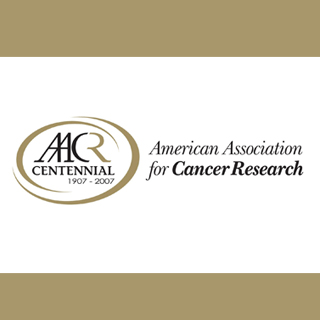
Even though comparatively uncommon, pancreatic cancer apparently stays as one of the most fatal diseases. Approximately, just 5 % of the people detected with this disease survive subsequent to 5 years.
Mark Pereira, Ph.D., senior author on the study and associate professor in the School of Public Health at the University of Minnesota believes that individuals who take soft drinks on a regular basis seem to be inclined to encompass a poor behavioral profile in general.
Nevertheless, the consequence of these drinks on pancreatic cancer could be unique.
Pereira remarked, “The high levels of sugar in soft drinks may be increasing the level of insulin in the body, which we think contributes to pancreatic cancer cell growth.â€
For the present study, Pereira and colleagues trailed around 60,524 men and women in the Singapore Chinese Health Study for approximately 14 years. At that time, there were around 140 pancreatic cancer cases. Those who took two or more soft drinks for each week i.e. averaging five per week seemed to have 87 percent augmented threat as opposed to people who did not.
No connections seem to be observed between fruit juice consumption and pancreatic cancer. Pereira remarked that these outcomes from Singapore could be relevant to the United States also.
Susan Mayne, Ph.D., associate director of the Yale Cancer Center and professor of epidemiology at the Yale School of Public Health, mentioned that these study outcomes may be absorbing but also appear to have a few limitations that ought to be taken into account in any interpretation.
Mayne, an editorial board member of Cancer Epidemiology, Biomarkers & Prevention, quoted, “Although this study found a risk, the finding was based on a relatively small number of cases and it remains unclear whether it is a causal association or not. Soft drink consumption in Singapore was associated with several other adverse health behaviors such as smoking and red meat intake, which we can’t accurately control for.â€
Pereira indicates that the results may be biologically probable, held up in non-smokers, apparently stayed alike subsequent to consuming other dietary habits into account and appear to be regular with discoveries in Caucasian populations.
The study was published in Cancer Epidemiology, Biomarkers & Prevention, a journal of the American Association for Cancer Research.
